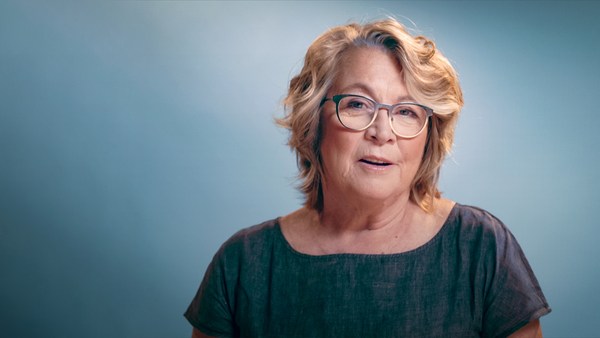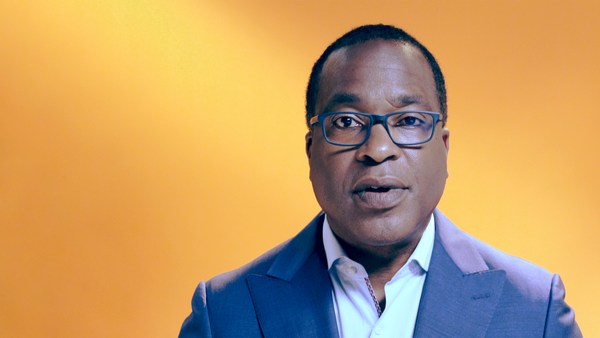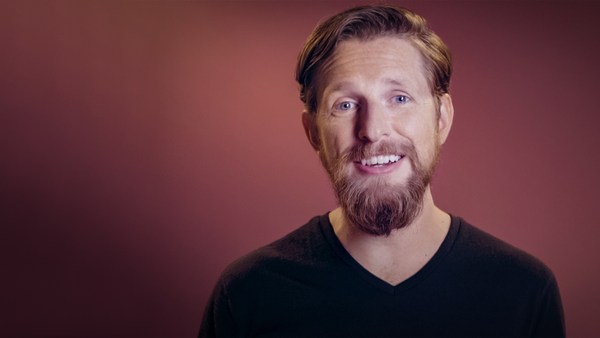Keith Kirkland: We believe in making the world a better place, and we're trying to do that through design, but the world for us starts with our company.
(Music)
Our first product, Wayband, is a wearable haptic navigation device for the blind and visually impaired. We had gotten an article published and it had made its way to this guy, Simon Wheatcroft. He reached out to us and he was like, "If you can have this technology ready by November, I'll run the New York City Marathon with it." We saw it and was kind of like, moonshot, this is probably not going to work, but let's just do it and see how far we can get.
(Music)
[Dropbox is a collaborative platform whose mission is to design a more enlightened way of working. They are invested in understanding how teams like WearWorks achieve extraordinary outcomes.]
Jennifer Brook: In Keith's story, I see a microcosm that reflects a greater macrocosm in terms of an emerging set of values. What we found is that everyone has a set of tensions in their work and life, things like making a living and making a life, or fulfilling the organization's needs and the needs of the individual. We navigate those tensions using our own unique strategies, for example, working remotely, learning new skills, or self care. Navigating these tensions is critical, because a lot is at stake for us when we show up to work, like our sense of purpose or our connection to our families and communities. And for me, in this organization, this is why we should care about designing a more enlightened way of working.
KK: We see a company as a vehicle to design life with as opposed to something to conform to.
JB: WearWorks is really thinking holistically about navigating their tensions. For example, when it comes to a tension like making a living and making a life, what kinds of cultural practices and policies need to be in place to support a strategy like flexible or remote work?
KK: At WearWorks, we have this policy called WhereverWorks, and the basic idea is that we don't really care where people are as long as the work gets done. And by doing so, we make our employees ridiculously happy. And by doing that, we get the best work from people.
JB: We're seeing that people everywhere are challenging these inherited, default ways of working. They want access to more choices, more agency, the freedom to decide how they want to work. This supports them to better navigate the tensions in their work and life for the sake of preserving what's at stake for them.
KK: We did a six-month sprint, and on November 5, 2017, Simon ran the first 15 miles of the New York City Marathon without any sight assistance. Working with the blind and visually impaired was a wonderful challenge. It's a different feeling when you go to work every day and the thing that you do actually helped the needle of humanity, in some way, move forward.
JB: WearWorks embodies what an enlightened way of working means for people out in the world today.
(Music)


